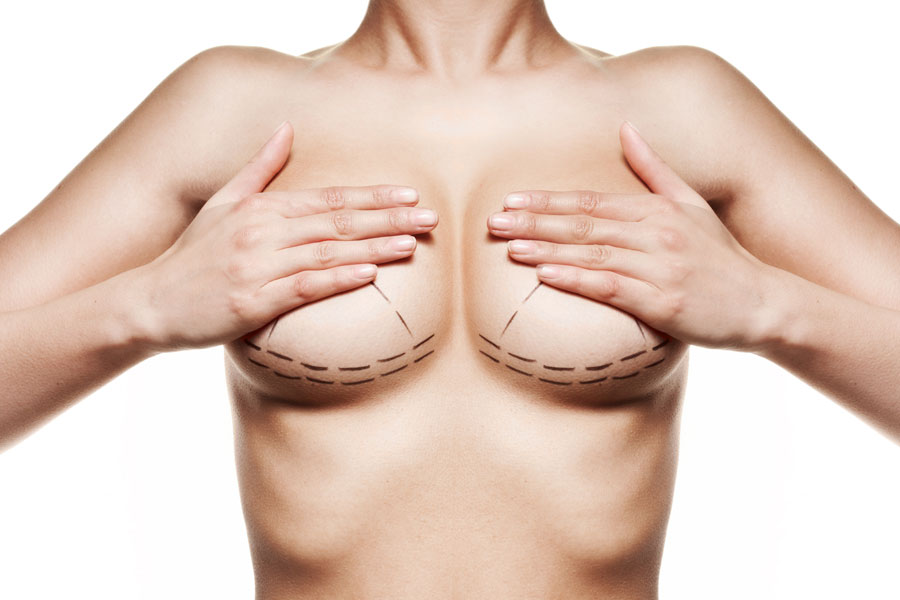Breast Reconstruction
Breast reconstruction is the creation of a new breast “mound.” There are some considerations when looking into reconstructive options. It may be possible to have a reconstruction at the time of mastectomy (immediate) or some time afterwards (delayed). Depending on the type and volume of cancer you have, you may be advised to have a delayed reconstruction.
Breast Reconstruction
Recreating a breast can involve various techniques:
- Implant-based reconstruction
- Autologous(using your own body tissues)
- Combined techniques
What I can offer you
I perform both implant-based and pedicled flap reconstructions (except TRAM). I have received intensive training in abdominal free flap reconstructions (DIEP), hence will be able to counsel you in depth about your options, giving you the pros and cons. If you decide to have a consultation for an abdominal flap, I will refer you to one of my Plastic Surgeon colleagues in Oxford, who will see you and determine whether you are suitable for this type of procedure.
Read on to find out more about these techniques…
IMPLANT-BASED RECONSTRUCTION
This may be a one or two staged procedure:
One stage: an implant is placed in a pocket created beneath the pectoral (chest wall) muscle and a “sling” made to hold the bottom of the implant. This can either be another biologic material, such a an acellular dermal matrix (ADM), or the lower part of the breast skin that would usually be discarded during a mastectomy. It is possible to place a permanent implant at the initial operation depending on the breast volume and tissue quality.
Two stage: an expandable implant is placed beneath a pocket created from the pectoral, serratus and upper abdominal muscles, that span the length and width of the breast. After tw weeks, the implant is expanded in clinic. This may take a few visits. The implant is then changed to a permanent silicone one, typically 3-6months later.
AUTOLOGOUS RECONSTRUCTION
The use of your own body tissues
Pedicled Flaps – muscle +/- skin paddle still connected to its natural blood supply
Latissimus Forsi Flap – using the muscle form the back. This is swung round and passed through a tunnel in your axilla (armpit), to reshape a new breast. Depending on the amount of fat on your back, this can be performed with or without an implant.
TRAM (transverse rectus abdominis myocutanous) Flap – The abdomen usually has enough fat to reconstruct a breast without using an implant. The abdominal tissue is passed through a tunnel up towards the breast still connected to its blood supply. The abdomen lends itself to a more natural feeling breast. The abdominal wall is brought back together in a “tummy tuck” fashion and the umbilicus is repositioned.
Free flaps – muscle +/- skin paddle removed and reconnected to a new blood supply
DIEP (deep inferior epigastric artery perforator) Flap – as above, except the arteries and veins to the abdominal wall are reconnected to blood vessels either in the axilla(armpit) or to vessels just next to the sternum (breast bone).
Other flaps using the upper thigh, fat around the side of the chest, buttocks etc may be possible, but depend on the volume of the breast to be reconstructed.




